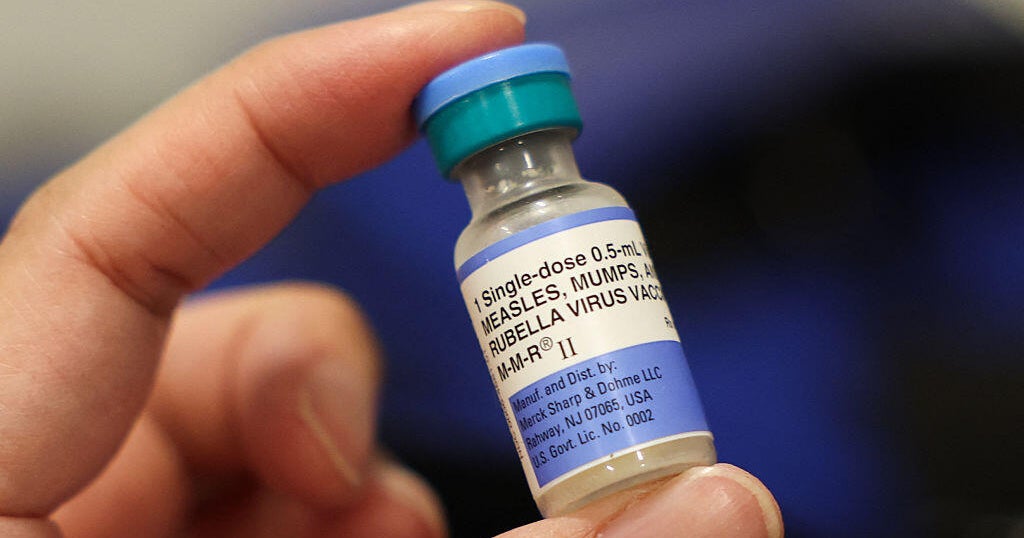New approach to treating prostate cancer may boost survival
Adding the chemotherapy drug docetaxel to standard hormone-depleting therapy may extend the lives of men with advanced prostate cancer, a new study finds.
The study was to be presented Sunday in Chicago at the annual meeting of the American Society of Clinical Oncology (ASCO).
"Hormone therapy has been a standard treatment for prostate cancer since the 1950s," lead author Christopher Sweeney, a medical oncologist at the Dana-Farber Cancer Institute in Boston, explained in an ASCO news release.
"This is the first study to identify a strategy that prolongs survival in newly diagnosed metastatic prostate cancer," he added. "The benefit is substantial and warrants this being a new standard treatment for men who have [extensive] disease and are fit for chemotherapy."
One expert not connected to the new trial agreed.
"These data are practice-changing and help us further improve the care we give to patients with prostate cancer," said Dr. Arjun Balar, co-leader of the Genitourinary Cancers Program at the Perlmutter Cancer Center at NYU Langone Medical Center in New York City.
He believes the study will "also help us better understand the biology of the most aggressive and lethal prostate cancers so we can design new clinical trials to further improve the outcomes of men with this devastating disease."
Prostate cancer is often spurred on by hormones such as testosterone, so hormone-depleting therapy is the standard initial treatment for these "hormone-sensitive" tumors. The treatment is initially effective, but the disease eventually becomes resistant to the therapy in most patients.
Chemotherapy is typically started only after the disease progresses despite hormone therapy, experts note.
In this U.S. National Cancer Institute-led study, 790 men newly diagnosed with advanced hormone-sensitive prostate cancer were divided into two groups. One group received hormone therapy alone, while the other group got hormone therapy plus docetaxel for 18 weeks.
After a median follow-up of more than two years, there were 136 deaths in the hormone therapy-only group, and 101 deaths in the hormone therapy-plus-docetaxel group. Median survival was 44 months in the hormone therapy group and 57.6 months in the hormone therapy/docetaxel group, the researchers reported.
Among men whose prostate cancer had spread to major organs or bones, median survival was 32.2 months in the hormone therapy group and 49.2 months in the hormone therapy/docetaxel group.
The use of docetaxel also delayed cancer progression, the study found. Median time to progression after treatment was 19.8 months in the hormone therapy group and 32.7 months in the hormone therapy/docetaxel group.
"These results demonstrate how we can use 'old tools' in new, more powerful ways to improve and extend patients' lives," ASCO President Dr. Clifford Hudis said in the ASCO news release.
"This study is also a powerful testimony to the importance of National Cancer Institute-led research, as both of these drugs are available in generic form today and this research might have otherwise not been pursued," he added.
Experts caution that studies presented at medical meetings should be considered preliminary until published in a peer-reviewed journal.



